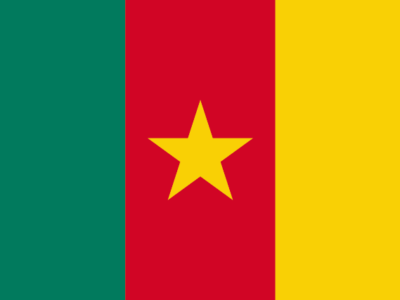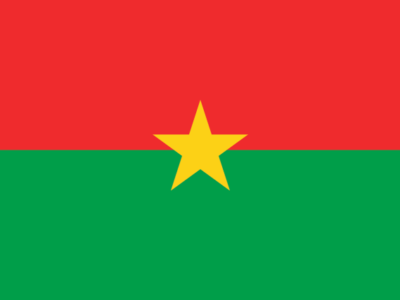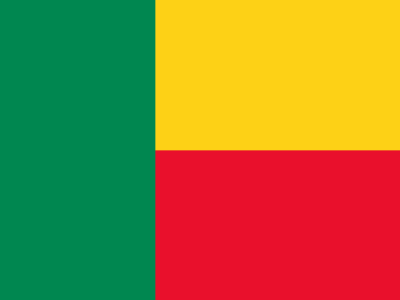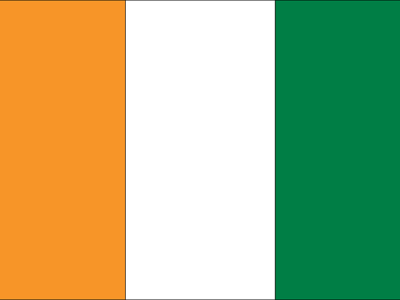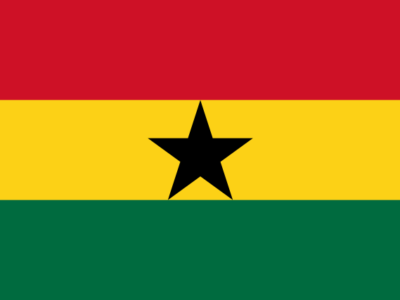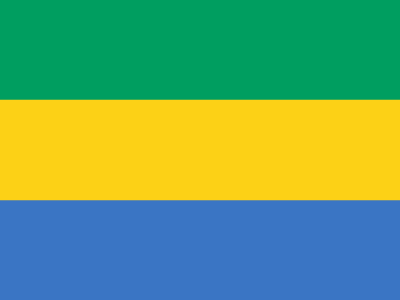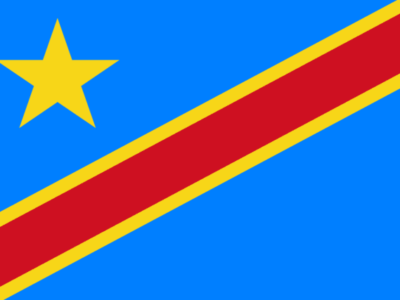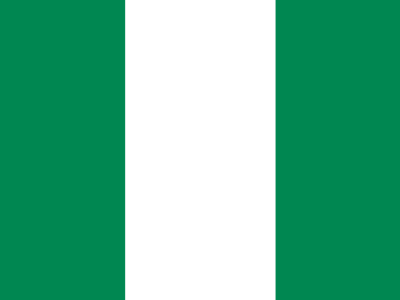CIRAD/ Cameroon
Dr. Doungous Oumar is the WAVE Cameroon Country Director. He is a senior research officer and Head of the Biotechnology Laboratory of the Institute of Agricultural Research for Development (IRAD) in Cameroon since 2015. He obtained his PhD in plant biotechnology from the University of Yaoundé 1 (Cameroon) in 2010. He conducted research on cocoyam root rot disease and cocoa black pod disease using disease suppressive soils, composts, antagonistic bacteria and induced resistance.…Dr. Oumar was recruited as Research Assistant in 2002 at the Institute of Agricultural Research for Development (IRAD) in Cameroon. His keen interest in research led him to be registered to a PhD program at the University of Yaoundé 1 (Cameroon) where he defended his PhD in Plant Biotechnology in 2010. Dr. Oumar is highly skilled in macropropagation and plant tissue culture techniques of Irvingia gabonensis, Irvingia wombolu, banana/plantain, African Gnetum, cocoyam and cassava. He has acquired and improved his knowledge on modern techniques of Biotechnology by participating in various regional or international training courses organized at Ghent University (Belgium), IAEA Laboratories (Austria) and University of Helsinki (Finland). Dr. Oumar obtained scholarships or funding from various international organizations such as the International Foundation for Science (IFS), the British Ecological Society (BES), the Centre for International Mobility (CIMO) and the Rufford Foundation.
As a fellow scientist (2009-2010) at the Biotechnology Institute of the University of Helsinki, Dr. Oumar developed retrotransposon molecular markers that were necessary to resolve cocoyam and taro by type and variety respectively. His interest working on plant pathology started within the framework of a Flemish Interuniversity Council (VLIR) own-initiative project entitled “Ecologically sustainable management of the cocoyam root rot disease (CRRD) caused by Pythium myriotylum”. He was part of the research team that worked on the development of CRRD control measures using disease suppressive soils, composts and antagonistic bacteria. Then, in view of controlling the black pod disease caused by Phytophthora megakarya, he was involved in the implementation of the PEER/USAID grant on biochar and compost from cocoa pod husk: opportunities for crop fertilization and suppression of black pod disease.
